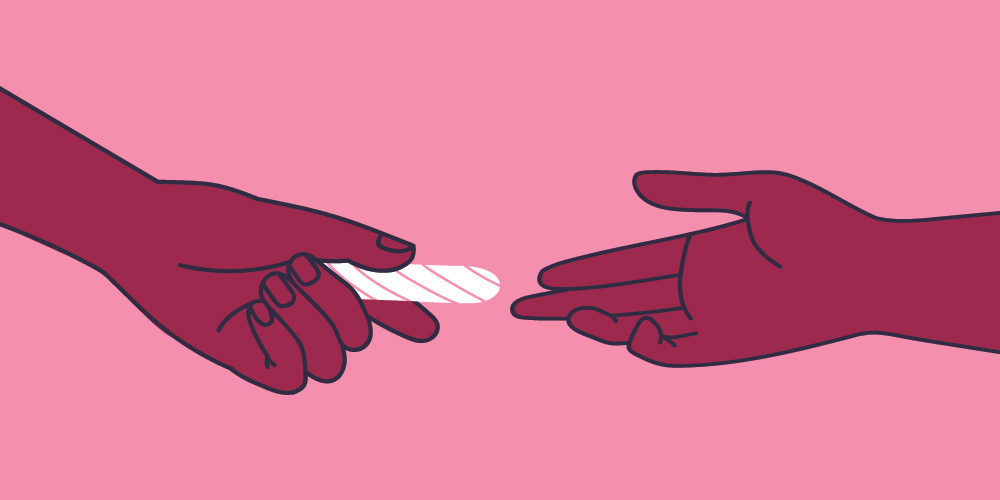Discussion about menstruation or one’s menstrual health has always been considered a taboo subject in India. Did you know, 71 per cent of Indians who menstruate don’t know what their period is about before they get it, and 75 per cent of menstruators are at a risk of infection due to a lack of resources? There are a number of taboos people have to deal with including not entering the kitchen, attending school, places of worship and more. These obstructions prevent people from living their lives freely and achieving their life goals.
What is menstrual equity?
Menstrual equity basically means that menstruators should have access to the safe and affordable products that they need to maintain their reproductive health. In other words, it means that people should have the resources and support to make the choices that they want about their menstrual health. This includes picking the hygiene products that work for them.
The 2022 National Family and Health Survey 5 found that as many as 27 per cent of young women in rural India still use unhygienic methods of protection during their menstrual period. The overall share of women using hygienic menstrual health options surpasses 90 per cent in 16 states and union territories which is a great jump compared to the 2015-16 survey that had found just eight such states. This growth is obviously a result of the great pains that organisations have taken to educate people about menstrual hygiene management (MHM) over the past few years in India.
However, the blind promotion of sanitary napkins over the last few years is worrying, as it poses a major threat to the country’s waste management system. According to a 2019 study by WaterAid India, a non-profit organisation, 1,210,000 girls and women in India dispose of about 21,780 million pads annually.

Gender inequality and human rights with respect to menstrual hygiene
While we can all agree that menstruation is a mostly unavoidable part of the lives of menstruators, there is a dire need to reinforce the idea that it is a human rights issue and not a women’s issue. People who menstruate often have to deal with lack of sanitation, water and soap and in some cases, toilets and a private space where they can clean and wash themselves. To top all of this, women have to deal with discriminatory practices that isolate them every month.
The right to pick your menstrual hygiene products
We’ve all heard of organisations working to provide menstruators with hygiene products, and while this is a great idea, it is important to acknowledge its pitfalls. For example, presenting women in a drought-stricken area with humid weather conditions with reusable pads isn’t advisable. Not only do these women not have access to enough water but the extreme humidity doesn’t allow the pads to dry fully, making them a breeding ground for bacterial infections. In such cases, maybe a reusable cup or compostable sanitary pads will be a better option. This is why it very important to do an in-depth study about the waste management system in an area as well as consult the women in question about the period products they will be using.
Fallacious marketing
Over the last few years, we’ve seen cloth pads being vilified in favour of one-time use, disposable pads. Cloth pads aren’t the worst thing to use, contrary to misguided marketing, and they’re unsafe only if they aren’t washed and dried properly. Disposable pads can be dangerous too as when used for a long time a stretch, they increase the chances of toxic shock syndrome (TSS).
What can we do to ensure menstrual equity
1. People who menstruate should have access to clean sanitation facilities and water as well as waste management facilities.
2. Organisations should do a thorough geographic study of the area that they’re planning to provide aid to. Menstruators there should be given a variety of options and should have all the information required about the usage, materials used in making the product, how to dispose of it, the cost and the environmental impact.
3. Reusable products like menstrual cups or period panties should be subsidized and their use should be encouraged.
4. People with disabilities are especially vulnerable when it comes to their menstrual health. They (and/or their caregivers) should be guided on picking the right products for them. For example, people with are intellectually disabled might opt for softer materials that are easy to use whereas others who may be face restrictions on physical movements may require products that don’t require frequent changing.